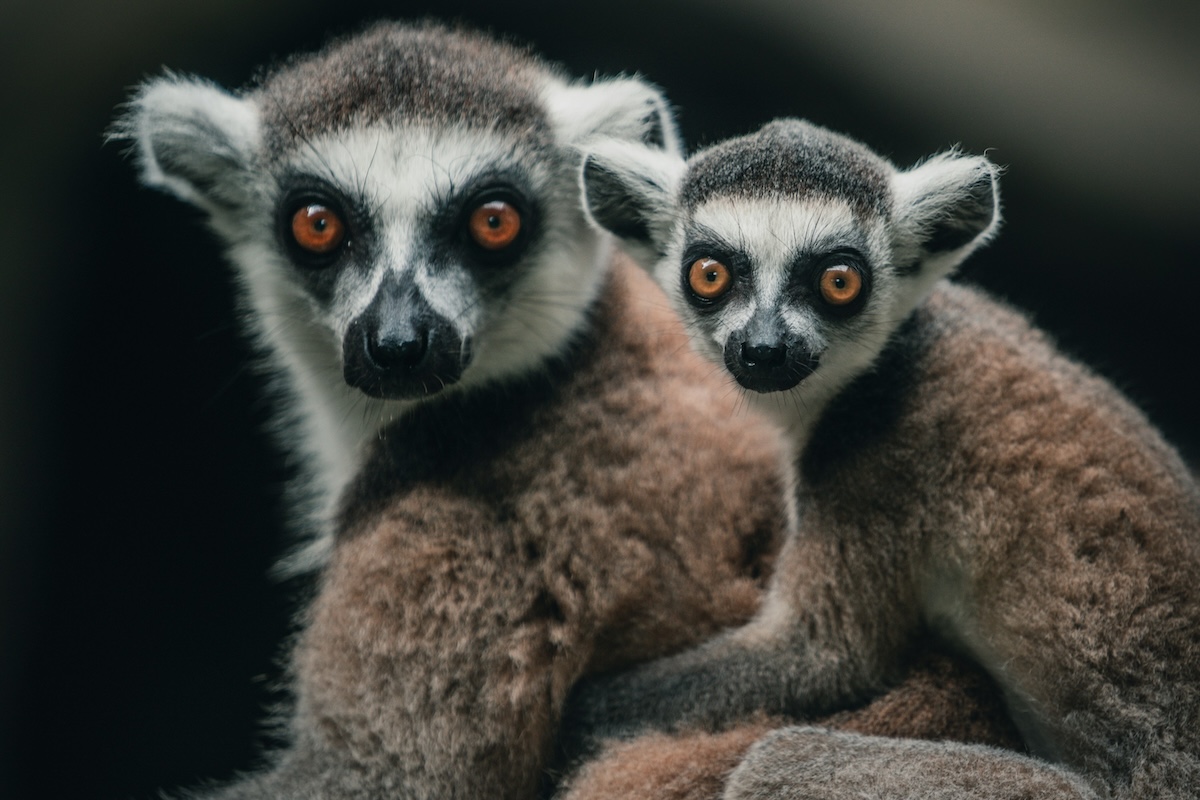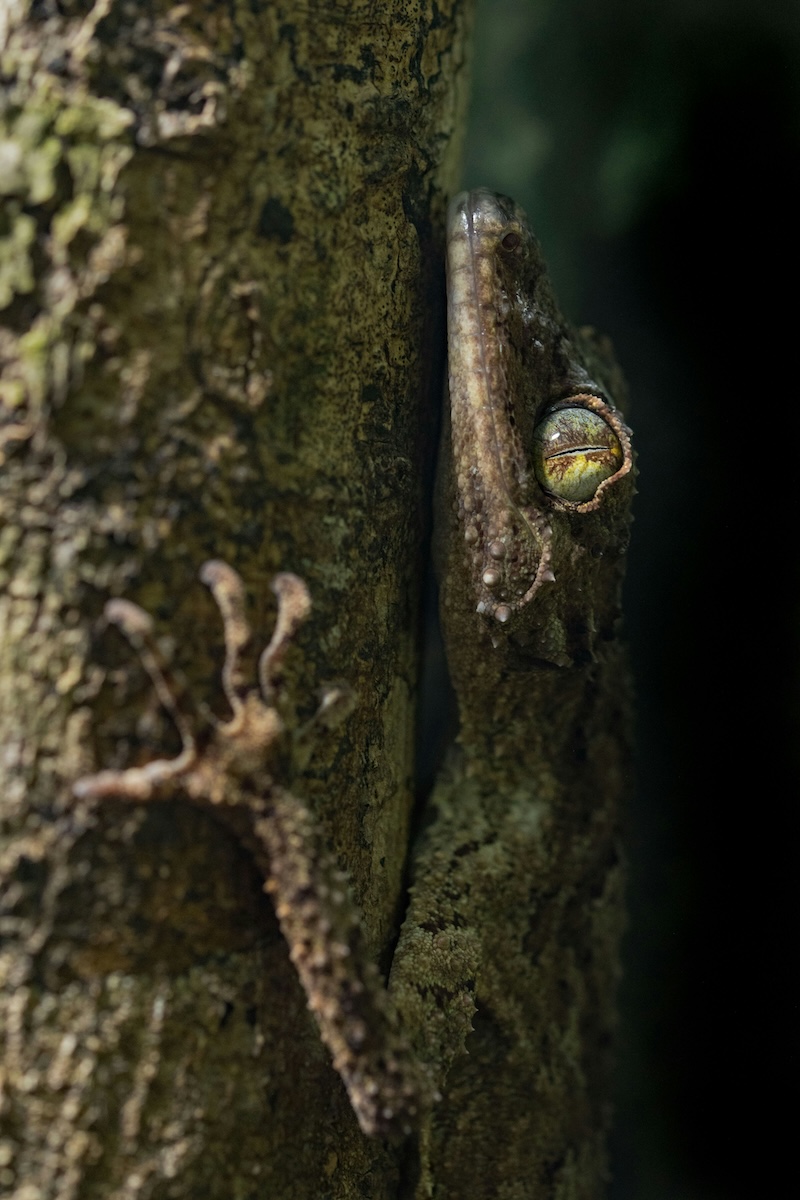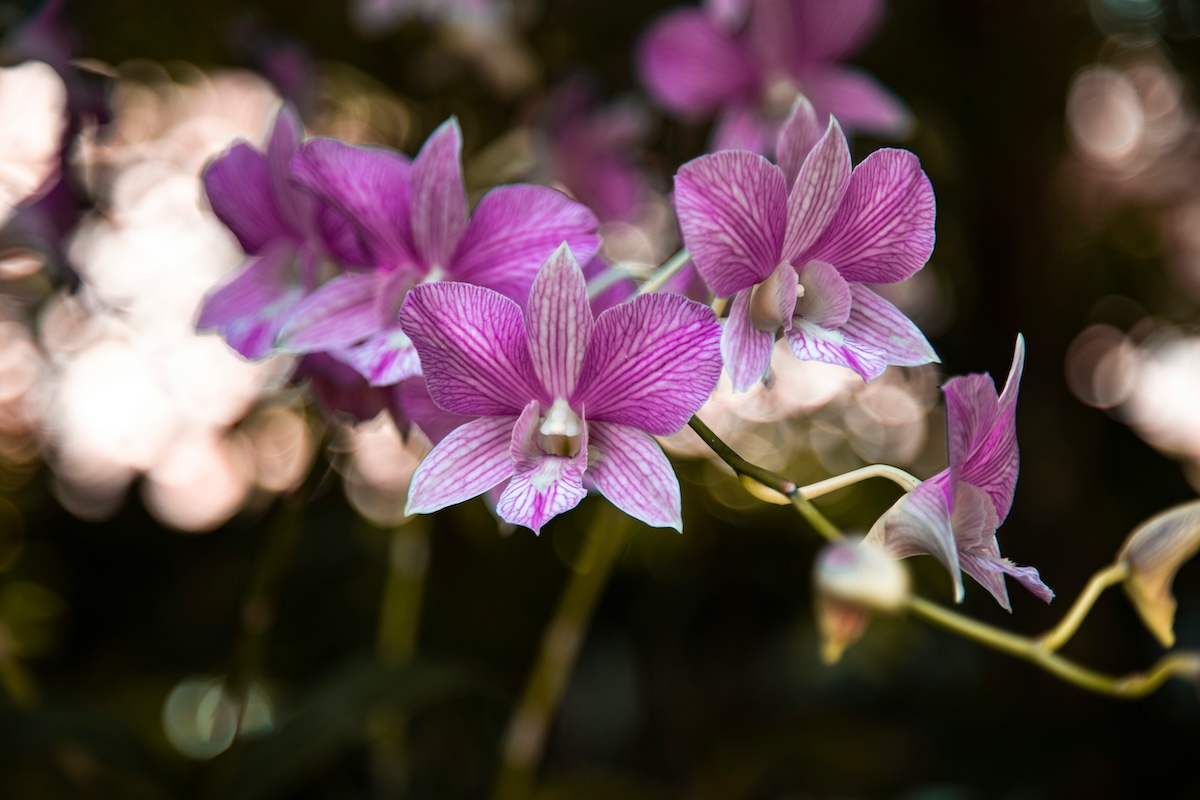
10 Unique Animals & Plants You’ll See in Masoala National Park, Madagascar
By: Heather Keys
Skip to Section
Masoala National Park in Madagascar is a paradise for nature enthusiasts. Spanning over 2,300 square kilometers, this World Heritage Site on the country’s northeast coast is a sanctuary of diverse ecosystems, including rainforests, coastal forests, flooded forests, marshes, mangroves, and coral reefs.
Here are just a few of the fascinating animals and plants you can find in the park!
Animals Found in Masoala National Park
Madagascar’s isolation has led to the evolution of unique species, many of which can be found in Masoala National Park.
Let’s take a closer look at some of the park’s intriguing inhabitants:
Fossa: This creature, Madagascar’s largest mammalian carnivore, looks like a cross between a small cougar and a mongoose. Renowned for its agility and strength, the fossa mainly hunts lemurs and plays a crucial role in maintaining the ecological balance by controlling prey populations.
Madagascar Serpent Eagle: Adapted to dense forests, this bird of prey primarily feeds on snakes and lizards. With sharp vision and powerful talons, it is a formidable hunter. Birdwatchers will find observing this eagle in its natural habitat an absolute delight!
Red-Ruffed Lemur: The red-ruffed lemur is a striking sight with its vibrant red fur and expressive eyes. These social animals are often seen in groups, feeding on fruits, leaves, and nectar. They play an essential role in seed dispersal, necessary for the health of the forest.
Black-and-White Ruffed Lemur: Known for their distinctive fur and loud calls, these social creatures inhabit the rainforest canopy, feeding on fruits and flowers. Their complex vocalizations are a highlight for any visitor.
Tomato Frog: This amphibian is named for its bright red color, with skin secretions that can be toxic to predators. When threatened, it can inflate its body to appear larger and more intimidating, making the tomato frog a fascinating amphibian to observe.
Madagascar Tree Boa: This non-venomous snake is recognizable for its beautiful brown and green scale patterns. It spends much of its time in trees, hunting birds and small mammals, and using constriction to subdue its prey.
Leaf-Tailed Gecko: A master of disguise, the leaf-tailed gecko blends seamlessly into its surroundings. Its body mimics a dead leaf, helping it avoid predators and ambush prey. These nocturnal creatures are a challenging but rewarding find for observant visitors.
Plants Found in Masoala National Park
Masoala National Park isn’t just a must-see for its animals—the plant life here is equally impressive! The park is home to a variety of endemic plant species, each adding to the fascinating biodiversity.
Traveler’s Tree: This beautiful palm-like plant has fan-shaped leaves that collect rainwater, providing a vital resource for wildlife (its name also comes from the idea that a thirsty traveler could drink from those little pools). Its seeds and flowers are important food sources for many animals, including lemurs and birds.
Pandanus Trees: Also known as screwpines, these trees have stilt-like roots that thrive in wet, unstable soils. They produce large, pineapple-like fruits that are a food source for many species in the park.
Orchids: Masoala is home to many orchid species, multiple unique to Madagascar. These orchids display a wide range of colors and shapes—and they play a significant role in the ecosystem by providing nectar for pollinators like butterflies and birds.
Want to read more about our beautiful world? Check out these articles:
Andasibe-Mantadia National Park: A Haven for Endangered Species in Madagascar
Best Semi-Retirement Jobs for Nature Lovers
5 Best Hiking Adventures in Tongariro National Park, New Zealand
10 Best Hiking Trails & Treks in Torres del Paine National Park, Chile
About the Author
Originally from Indiana, Heather believes every destination has a story worth telling and a reason to visit. With a deep love of adventure, history, and psychology, she shares travel trivia, tips, and inspiration to encourage you to explore the world with curiosity and optimism. Read her other articles on Frayed Passport here.Featured image by Timur Garifov on Unsplash
Information published on this website and across our networks can change over time. Stories and recommendations reflect the subjective opinions of our writers. You should consult multiple sources to ensure you have the most current, safe, and correct details for your own research and plans.
Frayed Passport is a participant in the Amazon Associates Program, an affiliate advertising program designed to provide a means for sites to earn advertising fees by advertising and linking to Amazon.com. We also may share links to other affiliates and sponsors in articles across our website.






